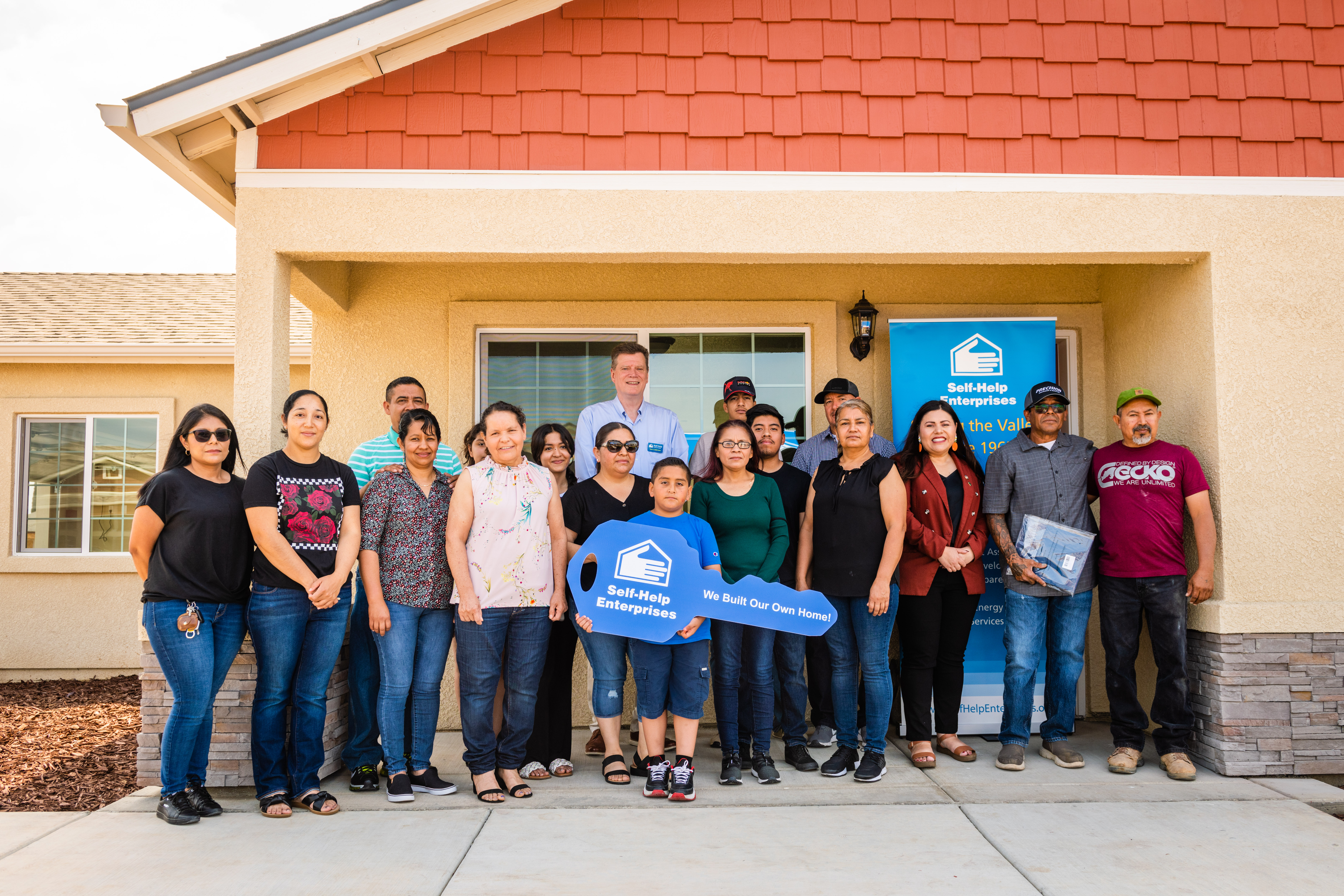The Sustainable Development Goals (SDGs) set forth by the United Nations have become a universal blueprint for peace and prosperity. In Indonesia, the implementation of these goals through various projects has the potential to transform not just communities but also the national economy. This article delves into the economic impact of SDG projects articulated on SDG2030Indonesia.org, exploring how they contribute to sustainable growth, create job opportunities, enhance well-being, and foster innovation. Posted by https://sdg2030indonesia.org/
Understanding the Framework of SDG Projects

To appreciate the economic impact of SDG projects, we must first understand the framework within which these initiatives operate.
Definition and Objectives of SDGs
The Sustainable Development Goals consist of 17 interlinked global goals designed to be a “blueprint to achieve a better and more sustainable future for all.” The primary objective is to address social, economic, and environmental challenges globally while promoting equality and sustainability.
These goals are interconnected; achieving one goal often reinforces others. For instance, improving education (Goal 4) can lead to economic growth (Goal 8), creating a cycle of progress.
The Role of Indonesia in Achieving SDGs
Indonesia’s commitment to the SDGs reflects its vision for inclusivity and sustainability. With diverse socio-economic landscapes, the country faces unique challenges such as poverty alleviation, environmental degradation, and access to quality healthcare.
By adopting SDG frameworks, Indonesia aims to leverage international partnerships, engage multiple stakeholders, and mobilize resources to facilitate development. The focus is not merely on meeting targets but creating conditions for long-term economic resilience.
Stakeholders Involved in SDG Projects
Various stakeholders play a vital role in executing SDG projects, including:
- Government Agencies: Responsible for policy formulation and regulatory frameworks.
- Non-Governmental Organizations (NGOs): Work on the ground to implement programs and raise awareness.
- Private Sector: Provides investment and innovation, essential for sustainable economic growth.
- Local Communities: Their involvement ensures that projects align with local needs and context.
Collectively, these stakeholders contribute to a comprehensive approach to sustainability that can significantly bolster the economy.
Employment Generation Through SDG Projects

One of the most tangible economic impacts of SDG projects is job creation. As Indonesia implements various initiatives aligned with the SDGs, employment opportunities emerge across different sectors.
New Job Opportunities in Renewable Energy
One of the critical areas where SDG projects are making an impact is in renewable energy. Indonesia is rich in natural resources, making it ripe for investments in solar, wind, and geothermal energy. As companies invest in these projects, they create jobs in manufacturing, installation, maintenance, and management.
This shift toward renewable energy not only contributes to Goal 7 (Affordable and Clean Energy) but also stimulates economic activity in local communities. Workers are trained, businesses flourish, and overall energy costs decrease, enhancing national productivity.
Sustainable Agriculture Initiatives
Agriculture is a cornerstone of Indonesia’s economy. SDG projects aimed at promoting sustainable farming practices have led to the emergence of new roles in agroecology, organic farming, and food processing.
As farmers adopt sustainable techniques, they not only see improvements in yield but also gain market access for organic products. These changes promote food security (Goal 2), uplifts rural economies, and creates jobs in supply chain management.
Urban Development and Infrastructure
Urbanization presents both challenges and opportunities. SDG projects focused on sustainable cities (Goal 11) aim to improve infrastructure, transportation, and housing. Investments in these areas create jobs far beyond construction; they stimulate growth in services, logistics, and technology.
Improved infrastructure enhances economic activity by facilitating trade, reducing costs, and attracting investments. Each completed project paves the way for more opportunities, leading to a dynamic urban economy.
Enhancing Local Economies Through SDG Interventions

SDG projects don’t just create jobs; they also enhance the economic fabric of local communities.
Fostering Local Entrepreneurship
Many SDG initiatives prioritize supporting local entrepreneurs. When communities engage in sustainable business practices, the local economy benefits immensely.
Training programs wrapped around SDG objectives equip individuals with the skills necessary to start their own businesses. As micro-enterprises sprout, they provide goods and services tailored to their immediate markets, stimulating local demand and contributing to economic diversification.
Access to Quality Education and Skills Development
Educational initiatives directly related to the SDGs, particularly Goal 4 (Quality Education), provide a foundation for economic improvement. As education systems evolve to include vocational training and digital literacy, individuals acquire skills that are in demand in today’s job market.
Having a skilled workforce attracts foreign and domestic investments, ensuring sustained economic growth. Companies looking for skilled labor find Indonesia increasingly appealing, further fueling local economies.
Social Enterprises and Inclusion
The rise of social enterprises, which aim to address social issues while being economically viable, exemplifies the economic impact of SDG projects. By focusing on marginalized groups, these enterprises generate income and empower communities.
As social enterprises thrive, they not only create employment but also foster social cohesion and stability. A community that thrives socially is often more productive, thus contributing to broader economic growth.
Innovation and Technology Transfer

Innovation plays a crucial role in achieving the SDGs, and the economic impact of SDG projects can also be measured through advancements in technology and knowledge transfer.
Promoting Research and Development
Many SDG initiatives involve collaborations between academic institutions and industries. This partnership promotes research and development (R&D) tailored to sustainable solutions in agriculture, health, technology, and urban planning.
Investing in R&D creates high-skilled jobs and positions Indonesia as a leader in sustainable innovations, attracting further investments and fostering economic growth.
Technology Adoption in Traditional Industries
SDG projects encourage traditional industries to adopt new technologies that enhance efficiency and productivity. Whether it’s introducing smart agriculture tools or employing wastewater treatment facilities, modernizing these sectors leads to significant economic gains.
By integrating technology into traditional practices, Indonesia’s industries can improve competitiveness on a global scale.
Building Smart Cities
The concept of smart cities aligns seamlessly with the SDGs by utilizing technology to enhance urban living. SDG projects that focus on urban development incorporate digital solutions, from traffic management systems to waste recycling programs.
Such innovations not only improve residents’ quality of life but also attract businesses seeking modern and efficient environments. As smart cities flourish, they become engines of economic growth.
FAQs

What are SDG projects?
SDG projects are initiatives aligned with the Sustainable Development Goals set by the United Nations. They aim to address social, economic, and environmental challenges while promoting sustainable development.
How do SDGs impact Indonesia’s economy?
SDGs impact Indonesia’s economy by creating job opportunities, enhancing local economies, fostering innovation, and encouraging sustainable practices across various sectors.
Who are the key stakeholders in implementing SDG projects in Indonesia?
Key stakeholders include government agencies, non-governmental organizations (NGOs), the private sector, and local communities, each playing a vital role in achieving the SDGs.
How do SDG projects create job opportunities?
SDG projects create job opportunities by investing in sectors such as renewable energy, sustainable agriculture, and infrastructure development, resulting in various roles across industries.
Can SDG projects improve education in Indonesia?
Yes, SDG projects focused on education aim to enhance quality, access, and relevance, ultimately providing individuals with the skills needed to thrive in the modern economy.
Conclusion
The economic impact of SDG projects highlighted on SDG2030Indonesia.org extends far beyond immediate benefits. By prioritizing sustainable practices, employment generation, innovation, and local entrepreneurship, these projects contribute to a resilient economy that empowers communities and fosters inclusive growth.
As Indonesia continues on this path towards sustainability, the holistic approach embodied by the SDGs will ensure that economic development is not just a goal but a shared reality for all citizens. Investing in these initiatives today lays the groundwork for a prosperous tomorrow, demonstrating that sustainable development is not just an ethical imperative but also an economic necessity.


The Economic Impact of SDG Projects on SDG2030Indonesia.org